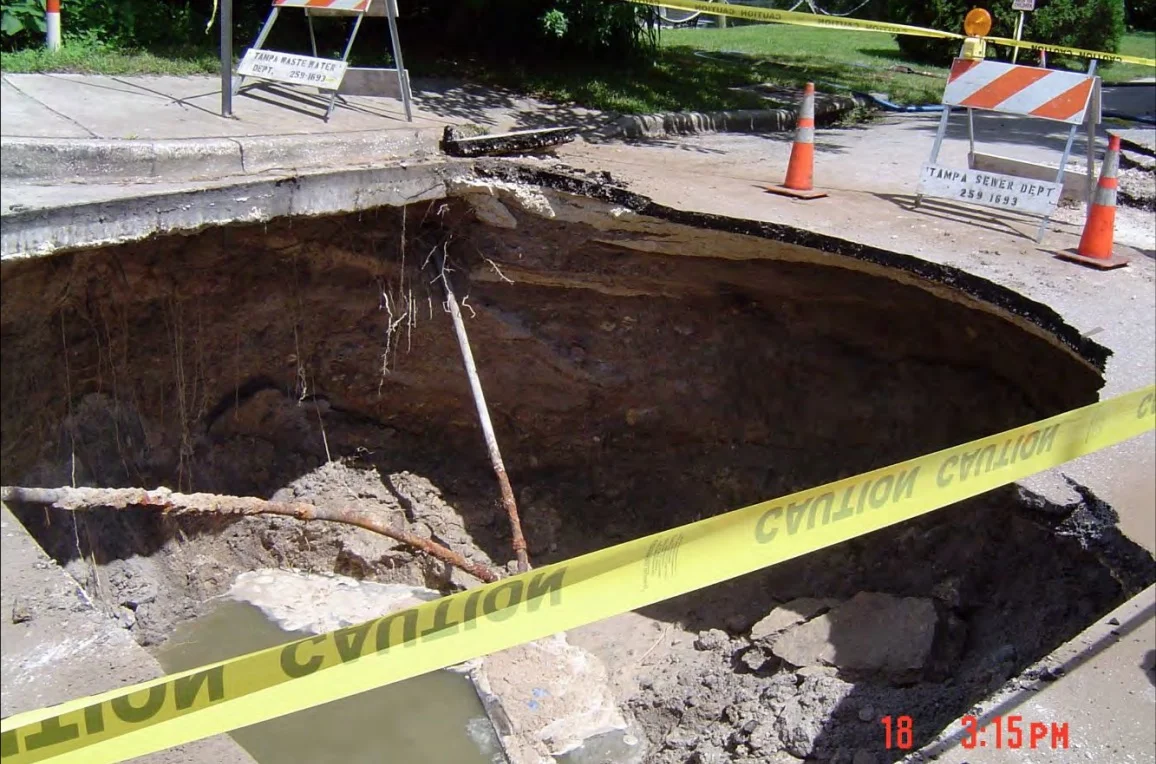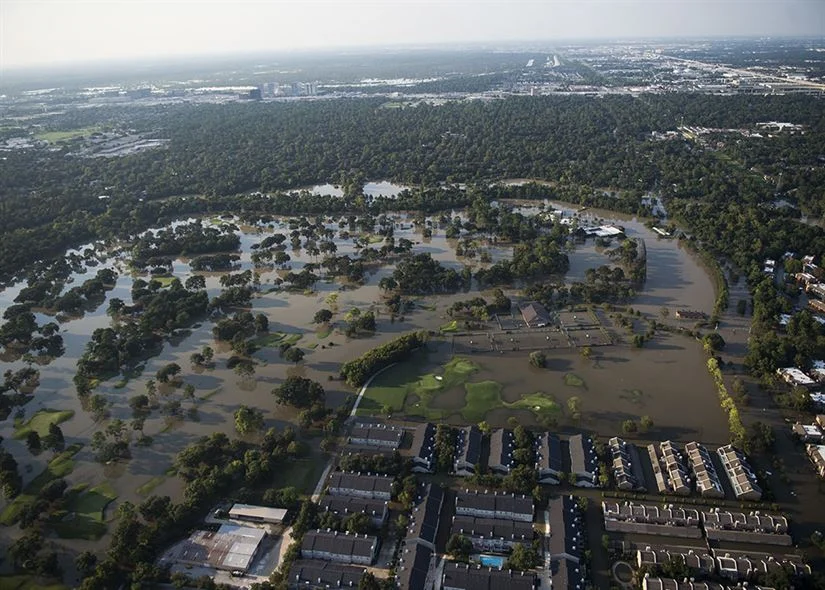Waterways today are engineered systems that are more orderly than natural rivers, but they are increasingly dumb.
Read MoreWaterways are misunderstood, but probably not for the reason you’re thinking.
Read MoreFor policymakers in Arizona, managing limited water supplies seems like it should be an obsession. So…why isn’t it?
Read MoreArizona’s water agency has approved 80,000 new housing lots, even though developers are finding it increasingly difficult to find enough water for it.
Read MoreStrong Towns member and former Jackson, MS, resident Amanda Lanata comes to the Strong Towns Podcast to discuss the role that racism played in the city’s recent water crisis.
Read MoreWhat are the origins of our current water systems, and how should we think about them, going forward?
Read MoreFor seven weeks Jackson’s residents had to bear the brunt of a failing water system, and unfortunately it was bound to happen.
Read MoreResidents of Maricopa County in Arizona find themselves engaged in a war over water, as the county builds itself out beyond its means.
Read MoreWhat can we do at the most immediate, local level when water reservoirs run low?
Read MoreCollier County is poised to spend over $200 million extending utilities to a whole new, previously rural, portion of the county. Let's #DoTheMath on this plan.
Read MoreOver the last 40 years, the federal government’s share of spending on water infrastructure dropped from 63% to 9%. That means it’s up to local communities to figure out how to pay to repair or replace all that aging infrastructure.
Read MoreWhen an attempt to solve a problem ends up making the problem worse, that’s The Cobra Effect. It’s also a pretty good description of the decisions that are slowly bankrupting many of our towns and cities.
Read MoreFor decades, we’ve built like there was no tomorrow, prioritizing short-term growth over longterm stability, prosperity, and safety. Exhibit A: 20,000 high-risk dams that are emergencies waiting to happen.
Read MoreTampa has an epidemic of leaking and bursting pipes. But don’t worry, the city’s taking action! …by proposing an eightfold increase in the amount it spends on maintenance for the next 20 years, half funded by new debt. How did we get to this point?
Read MoreSending Great Lakes water to the American West is a desperate, expensive, band-aid solution to a much bigger problem.
Read MoreWill multimodal infrastructure save our region money on maintenance, leaving more funding to address flooding and drainage issues?
Read MoreIt is very seductive to look at Houston's flooding as a simple engineering and planning problem.
Read MoreFor extreme events, we can't measure risk, but we can measure fragility. Cities that want to protect themselves from extreme events need to become less fragile. They need to adopt a Strong Towns approach.
Read MoreAnyone suggesting that more wetlands or more pervious surfaces would have done anything to mitigate what has happened in Houston is lacking a proper sense of scale.
Read MoreThese 5 harmful myths about Houston's land use planning need to be put to rest.
Read More



















